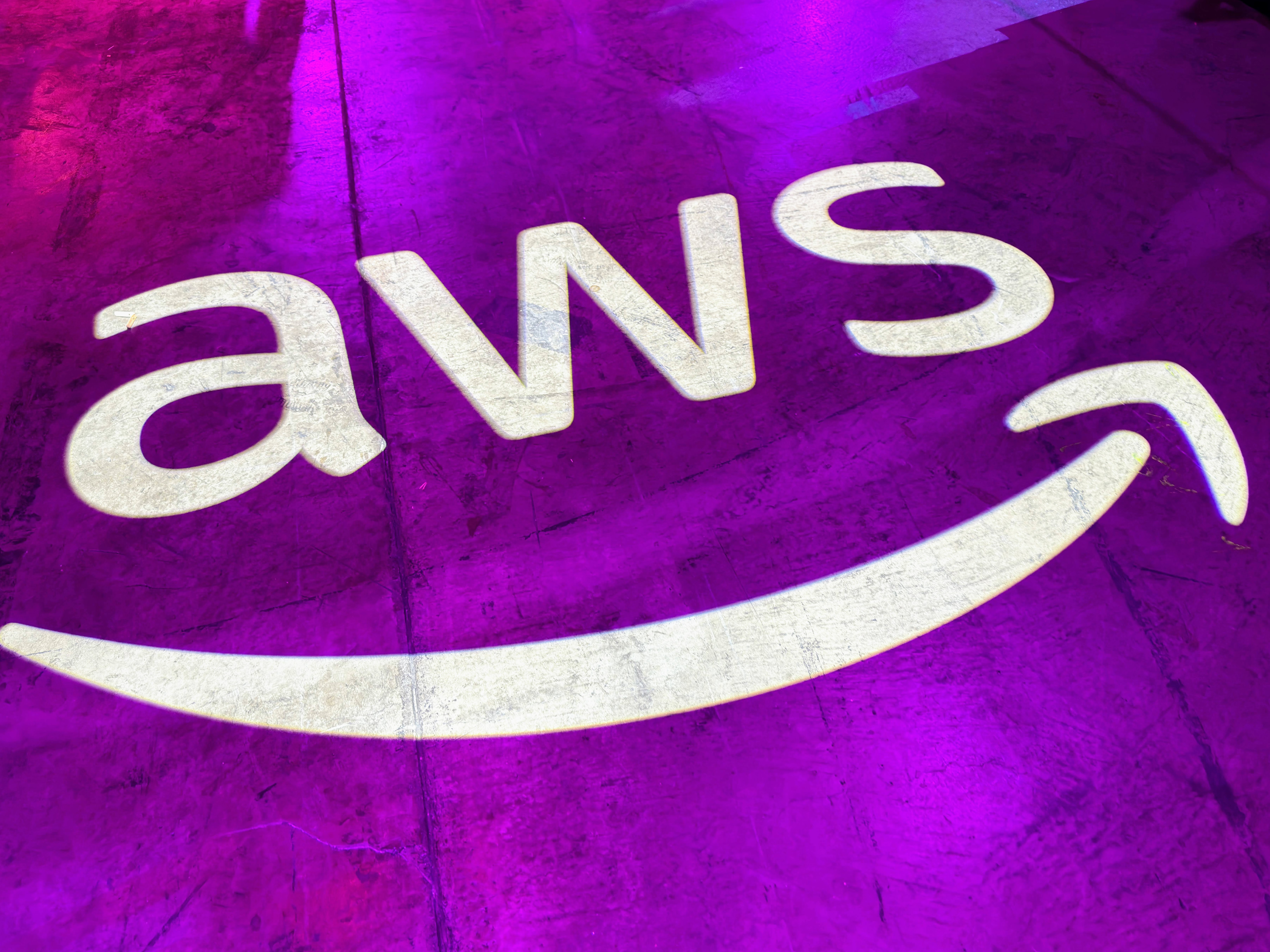Amazon CTO Werner Vogels on culturally aware LLMs, developer productivity and women’s health
By tradition, Amazon CTO Werner Vogels caps off the AWS re:Invent conference with his last-day keynote. A more recent tradition is that he also uses that day to publish his predictions for the coming year. This time around, I sat down with Vogels for a wide-ranging interview ahead of his keynote to delve a little bit deeper into the trends he is seeing and expects to accelerate in the coming year.
This being 2023, a lot of our discussion focused on generative AI, of course. But the Netherlands-born and -based Vogels does have an interesting perspective here — and one that is still often lacking in many discussions around generative AI. His first prediction is that generative AI will become culturally aware, meaning that models will gain a better understanding of different cultural traditions.
“You start to realize that most of these machines have been trained on Common Crawl, which is English, very U.S.-centric and Western European,” he said. “And it’s not just a matter of language — although language often incorporates cultural kinds of things — but it is much more the data that they’ve been trained on.”
He noted that if companies want to deploy these genAI tools across the world, they have to start thinking about how to make their models more culturally aware. “If we don’t solve it, it will be a massive hindrance for deploying this technology worldwide because it’s not just about language, it’s about all the cultural aspects which are meaningful to us as humans,” he said.
He noted that he believes that there are technologies available today that can solve this, including having multiple agents debating and testing each other, for example.
Being at a developer event, we also touched upon what this new world of large language models (LLMs) means for developers. Vogels, like many in our industry, believes that generative AI will greatly enhance developer productivity. The tools that were available a couple of years ago, he noted, were useful for a certain kind of developer, but today’s code completion and generation services take on a very different quality.
“I think the tools at that moment were at the level that really supported the sort of ‘copy-and-paste’ developer, the person that would normally go to Stack Overflow, post the question, wait for a hundred upvotes and think: that must be the right answer,” Vogels said.
That work back then, he believes, was mostly focused on efficiency. “I think what has changed is that the tools now can have a broader view of things,” he said. He likened this new generation of development tools to pair programming, where the AI model is more like having a very senior developer by your side who knows everything about a given code base.
Like many of his peers, Vogels also strongly believes that generative AI will free developers from a lot of the busywork of writing tests, refactoring code and writing boilerplate. And while some technologists are worried that using these tools will actually hinder junior developers from honing their craft, Vogels doesn’t believe that’s the case. “There’s a ton of learning on the job. That has always been happening. I expect with the newer tools, that this education will go faster, but there’s always a lot of education on the job.”
He also noted that the ever-increasing pace of technological development means that it’s now more important than ever for colleges and universities not just to teach students raw skills but how to learn. “There is extreme value in what universities teach you: they teach you how to learn. They teach you how to look at the bigger picture. They teach you how to analyze. They teach all these brain things that you will need on the job,” Vogels said — though he didn’t want to get into a discussion about the current plight of humanities programs in the United States.
Vogel’s predictions don’t only focus on AI, though. He also believes that women’s health tech will finally take off, in part because there is less of a stigma now around talking about women’s healthcare. “It’s a societal change. The stigma is changing. Men are talking about menopause these days, because their wives or friends or girlfriends or daughters are going through it and they see it. If you go back 20 years, women among themselves wouldn’t even talk about it,” he said. And with that, venture capital is also starting to flow into this market.
Vogels believes that since the medical establishment often dismissed women’s health concerns or privileges men’s health, we may arrive at an interesting moment now with the advent of personalized and precision medicine where a lot of women’s healthcare will leapfrog right to these more modern techniques.
“I see this in femtech, where the shift immediately is: let’s take this one step further — let’s make sure that we can actually do precision healthcare,” he said.
In many ways, Vogels is an optimist when it comes to tech and its potential to do good. “I’ve solved so many problems in my life. Am I an optimist? Yes, I do think so — because we want to make this work,” he said. He also added that while the U.S. startup scene may be consumed with the idea of creating unicorns, in the rest of the world, people often just want to build a sustainable business.
But he did note that one issue the technology industry faces is that it moves at such a rapid clip right now, it’s hard for people to catch up. “The challenge we have, I think, today, is that our technology adoption cycles have become so compressed that it’s hard to educate people upfront — before technology gets released. I think it’s one of the challenges. Maybe not even for businesses, but if you release consumer technology out in the open without any education, people are going to get confused. You get a knee-jerk reaction. I think with goodwill, we will fix these things. But we also need to make sure we don’t underestimate that we need to continue to educate people about new technologies that we’re delivering.”
There is one thing that makes him happy about this quick cycle, though. “The good thing is: I don’t need to talk to my customers about blockchain anymore,” he said with a grin.



